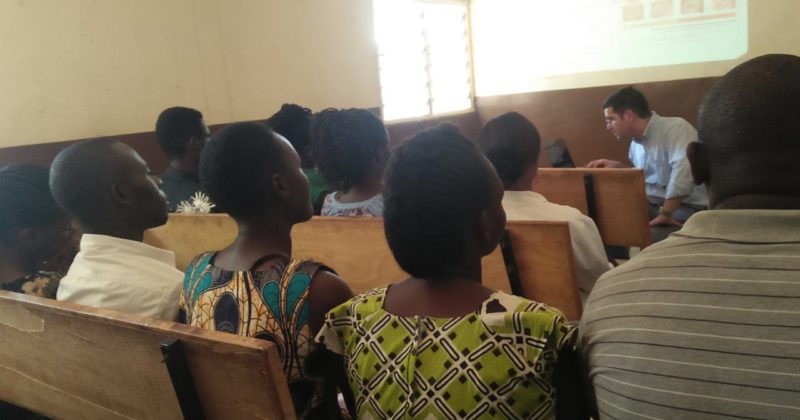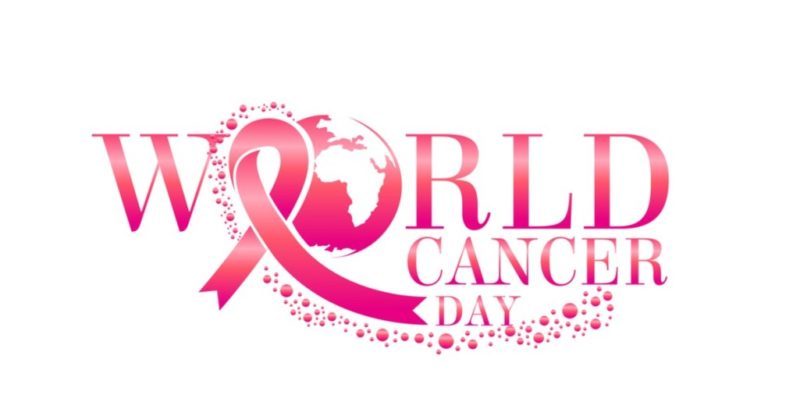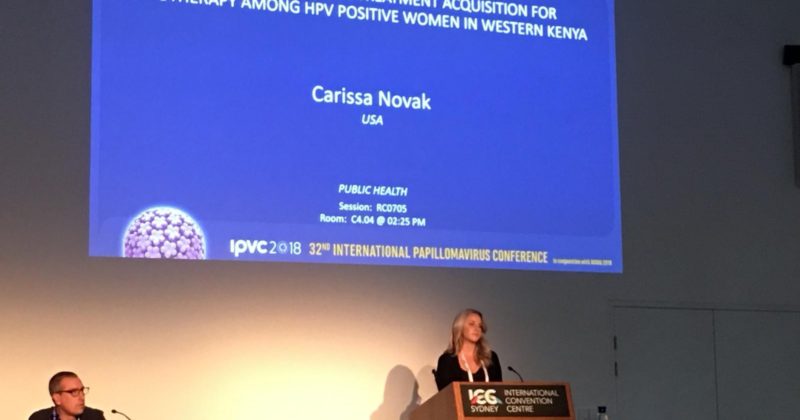
Let’s End HPV-Related Cancers Briefing Coverage
In the U.S. alone, over 33,000 HPV-related cancers are diagnosed annually among men and women and globally, there are over 630,000 cases. The theme of the briefing, “Let’s End HPV-Related Cancers” held in Washington, D.C. on June 27, 2019 centered around how to prevent the 6 cancers caused by HPV: cervical cancer, oropharyngeal cancers, anal cancer, penile cancer, vaginal cancer, and vulvar cancer. Representative Kathy Castor (D-FL-14) is a leader in the House of Representatives bringing legislation to the United States to meet the WHO goal to eliminate HPV-related cancers. The tools to eliminate these cancers do exist and Representative Castor expressed optimism for saving lives and never seeing these cancers again. Starting with cervical cancer, the approach of adding vaccination, screening, and treatment is necessary for elimination. Australia, Canada, and Rwanda are three countries which have declared they will be the first to eliminate cervical cancer and the U.S. must also show initiative with this mindset. ...









